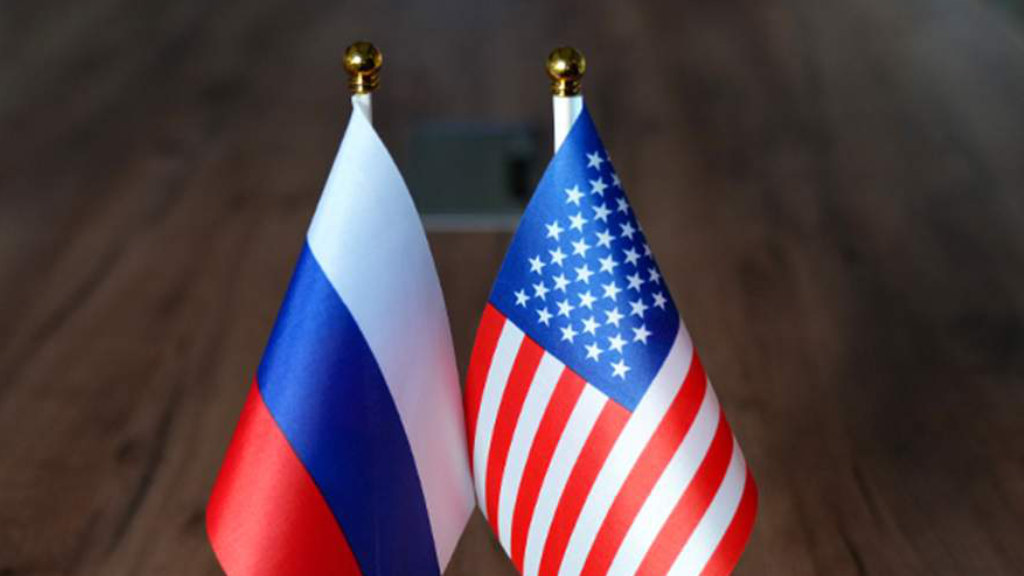Moscow and Washington are to conduct talks initially addressing irritants to their bilateral relations at the end of the next week, Russian Deputy Foreign Minister Sergey Ryabkov has stated. The discussions are to iron out and talk through problematic differences between the two sides and will involve “political directors” – presumably meaning political policy decision makers as well as Ministerial-level officials.
Ryabkov said “We are open to communication with the American side, particularly on irritants to the bilateral relations. We are expecting tangible progress after the meeting, which is scheduled for the end of next week.” That puts the likely dates as very early March. A venue has not yet been announced.
This round of discussions are being held to lay out in full the differences the two sides have in their political (and trade) relations, to identify these in detail with the aim to later determine which and to what extent negotiations can alleviate these issues between the two countries. Without these steps it will be impossible to understand the complexities surrounding differences of opinions concerning the future of Ukraine or to make any settlement.
Discussions can be expected to include geopolitical issues such as Eurasian security, the role of NATO, nuclear weapons agreements, Afghanistan, Central Asia, China, and Arctic policy. In addition, problems relating to trade, such as sanctions, SWIFT disconnection, the role of the US dollar, frozen assets, Russian energy supplies and infrastructure, A.I. development, scientific and academic exchanges, as well as bilateral trade potential and mutual interests will also be on the agenda. Some could involve trade agreements – such as the US need to have access to rare earths and minerals, and renewed US access to Russian markets. Along with these, discussion protocols and bilateral communication lines will also need to be agreed – and installed.
These are wide ranging and detailed subjects. When this has been worked through and most, if not all ‘irritants’ dealt with, the two sides will then have a clear platform of understanding and therefore a better capability of appreciating each other’s position as regards Ukraine, a subject that also has immense impact on Europe. It is apparent that there would need to be a third stage of meetings at which European leaders would be invited to participate to hammer out concerns, with the United States and Russia both present. Finally, solutions to the Ukraine issue can then be detailed.
These procedures will take time, suggesting that a Trump-Putin summit to finalise the Ukraine situation can be expected in the spring.
Further Reading

 Русский
Русский














